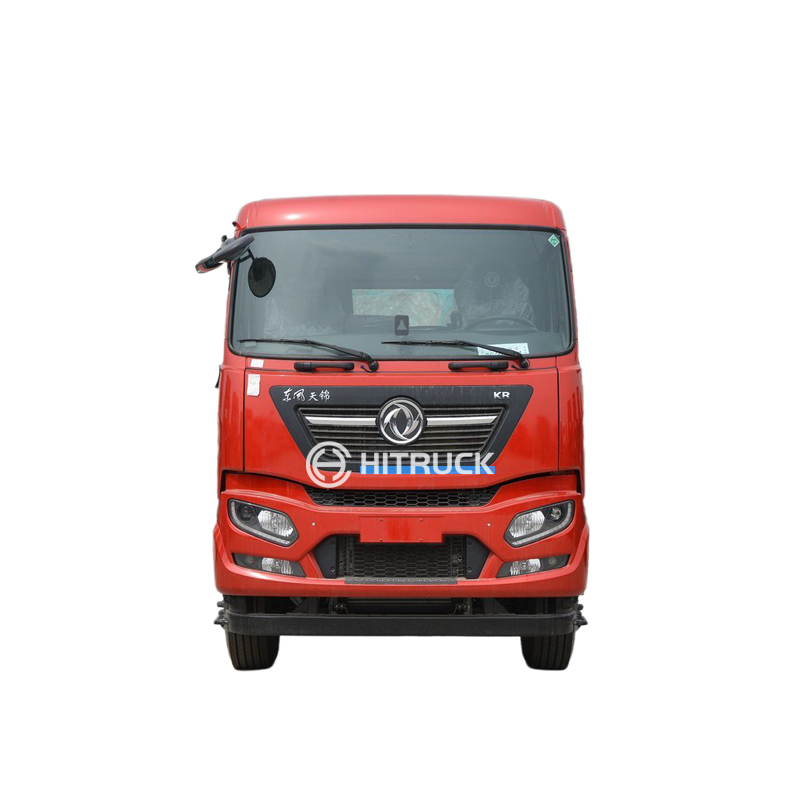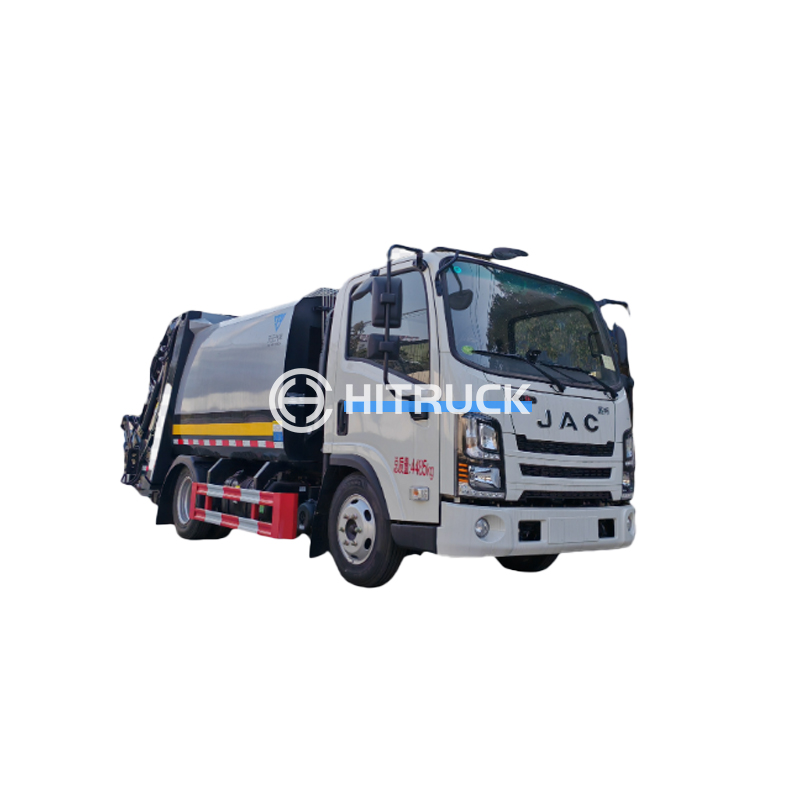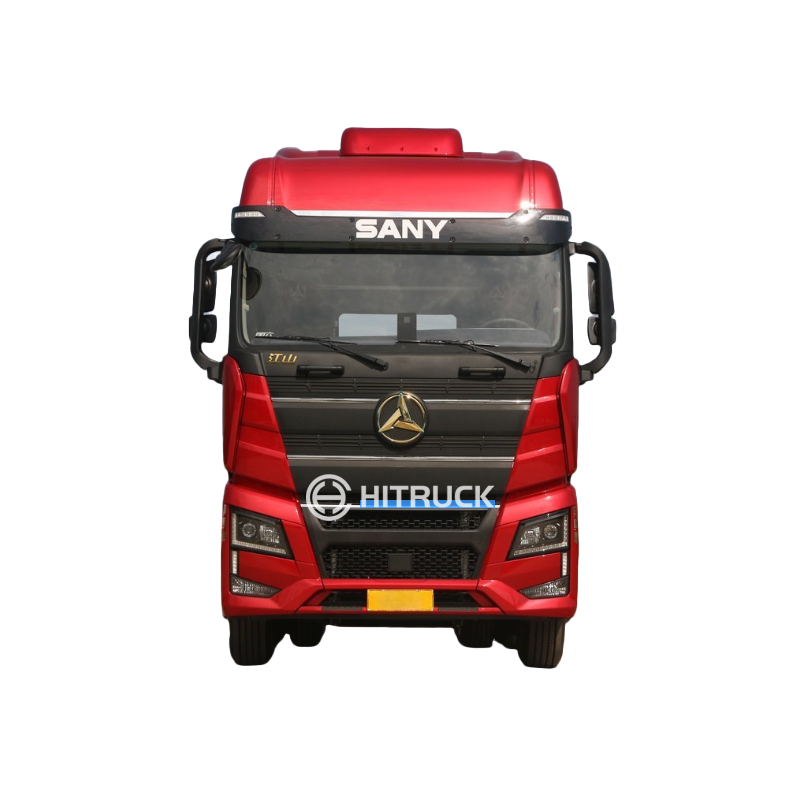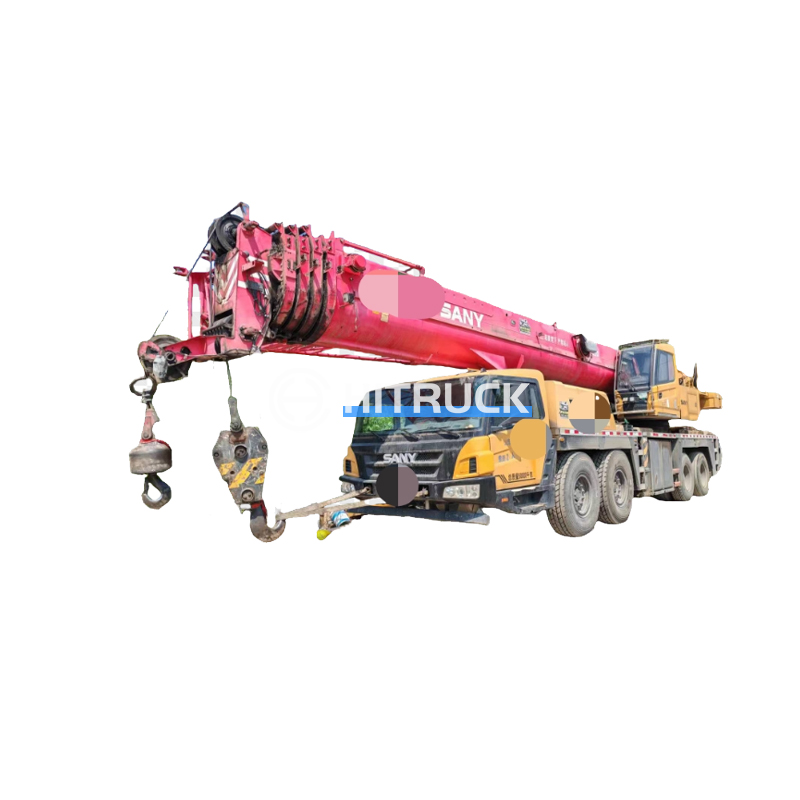This comprehensive guide helps you navigate the complexities of choosing the perfect international water truck for your specific requirements. We'll explore various types, key features, considerations for international transport, and factors to ensure a successful purchase and operation.
International water trucks come in a wide range of capacities, from small tankers for localized applications to massive units for large-scale projects. Consider your daily water needs and the distances you'll be transporting water. Larger trucks offer greater capacity but might require specific permits and licenses for international operation. Smaller trucks are more maneuverable but have limited capacity. Remember to factor in the type of terrain you’ll be operating on – rough terrain may require a more robust chassis and suspension.
The material of the water tank is crucial. Stainless steel is a popular choice due to its durability, resistance to corrosion, and ease of cleaning. Other options include polyethylene (for lighter weight) and aluminum (for cost-effectiveness). However, always check regulations regarding the use of specific materials in different countries. The tank construction should be robust to withstand the rigors of long-distance transport and uneven terrains. Look for features such as reinforced walls and baffles to minimize sloshing during transit.
The pumping system is vital for efficient water delivery. Centrifugal pumps are common for their high flow rates, while positive displacement pumps provide consistent pressure even at high viscosities. Ensure the pump's capacity matches your water delivery requirements and that it's easily maintainable. Consider the power source – electric pumps are generally quieter and more environmentally friendly, whereas hydraulic pumps are more powerful.
Navigating international trade regulations is crucial. Different countries have varying standards and requirements for importing and operating international water trucks. Thorough research is essential to ensure compliance. Factors to consider include customs duties, import permits, safety standards, and emission regulations. Consult with specialists in international trade and logistics to avoid delays and penalties.
The transportation of your international water truck requires careful planning. Several methods exist: Ro-Ro (roll-on/roll-off) shipping is common for larger vehicles, while containerization might be suitable for smaller units. Choosing the right shipping method depends on factors like cost, transit time, and the truck's size and weight. Engage experienced international shipping agents to manage the logistics efficiently and minimize risks.
Accessing maintenance and repair services in a foreign country can be challenging. Plan for potential breakdowns and have a robust maintenance schedule in place. Consider the availability of parts and the expertise of local mechanics. Establishing a relationship with a reputable service provider in your target market is highly recommended.
Selecting a reputable supplier is paramount. Look for suppliers with a proven track record, excellent customer support, and a commitment to quality. Check reviews and testimonials before making a decision. It is also wise to consider the warranty offered and the availability of after-sales service. Suizhou Haicang Automobile sales Co., LTD offers a wide range of heavy-duty trucks, including specialized units for various industries.
Beyond the basics, consider features that enhance efficiency and safety. These could include:
| Feature | Benefits |
|---|---|
| GPS Tracking | Real-time location monitoring, improved security, optimized route planning. |
| Advanced Metering Systems | Accurate water level monitoring, preventing overfilling or shortages. |
| High-Capacity Fuel Tanks | Reduced refuelling stops, enhancing efficiency for long-distance operations. |
Purchasing an international water truck is a significant investment. Careful planning, thorough research, and selecting the right supplier are crucial for long-term success. By considering the factors outlined in this guide, you can make an informed decision and ensure the truck meets your specific needs and complies with all relevant international regulations.












